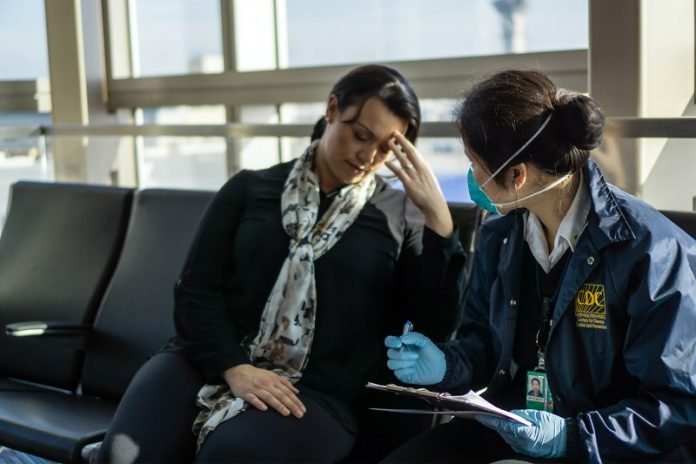
Scientists from the University of Queensland found that countries with female leaders recorded 40% fewer COVID-19 deaths than nations governed by men.
The research is published in Scientific Reports and was conducted by Associate Professor Kelvin Tan et al.
Many countries adopted similar approaches to contain the spread of COVID-19, but there were drastic differences in morbidity and mortality, even among those with similar socio-economic conditions and political backgrounds like Australia and New Zealand.
In the study, the team analyzed the pandemic response of 91 nations between January and December 2020 and determined that certain country characteristics shaped COVID-19 outcomes.
They found gender ratio, population density, urbanization and political corruption all intensified the severity of a country’s pandemic experience.
Conversely, female leadership, education, religious diversity, and public trust in government were found to reduce rates of infection and death.
The researchers found countries where women were at the head of government outperformed countries with male leadership, with an average of 39.9% fewer confirmed COVID-19 deaths.
This figure can be attributed to female leaders taking quick and decisive action, a broader view of the wider impact on society, and being more receptive to innovative thinking.
The team says female leaders tend to act promptly and decisively and are more risk-averse toward the loss of human life, which play an essential role in pandemic prevention and outcomes.
These findings highlight the importance of prevention, rather than treatment, in reducing COVID-19 morbidity and mortality.
If you care about COVID-19, please read studies about why many people are against the COVID vaccine and masks, and this hormone may prevent COVID-19 death.
For more information about COVID-19, please see recent studies about why some people are symptoms free, while others are critically ill in COVID-19, and results showing 1 in 3 older people develop new health problems after COVID-19 infection.
Copyright © 2022 Knowridge Science Report. All rights reserved.



